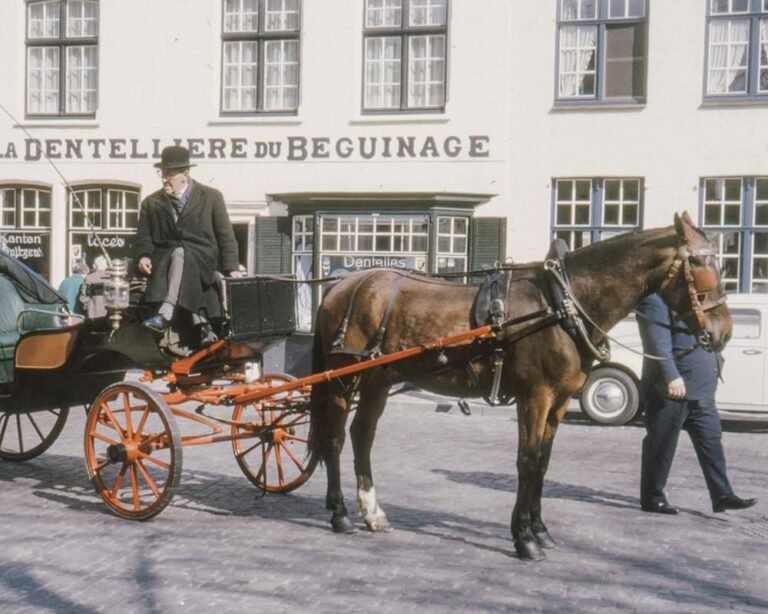être en panne
“Être en panne” is a French saying that means to be damaged, to be broken, to be defective, to have broken down, or to have stopped an activity.
This expression dates back to the 16th century, to the world of sailing ships. “Mettre en panne” meant to adjust the sails in such a way that the boat doesn’t move forward. It could also mean to heel the vessel to one side so that water could not enter through a leak on the other side.
Since the advent of the automobile, “être en panne” was used to referred to car breakdowns, but its use has since been extended to other machines (eg dishwashers) and other concepts, such as being out of money.
English equivalents include to break down, to be out of order, to be on the fritz, to be on the blink. A well known German equivalent is “kaputt.”






